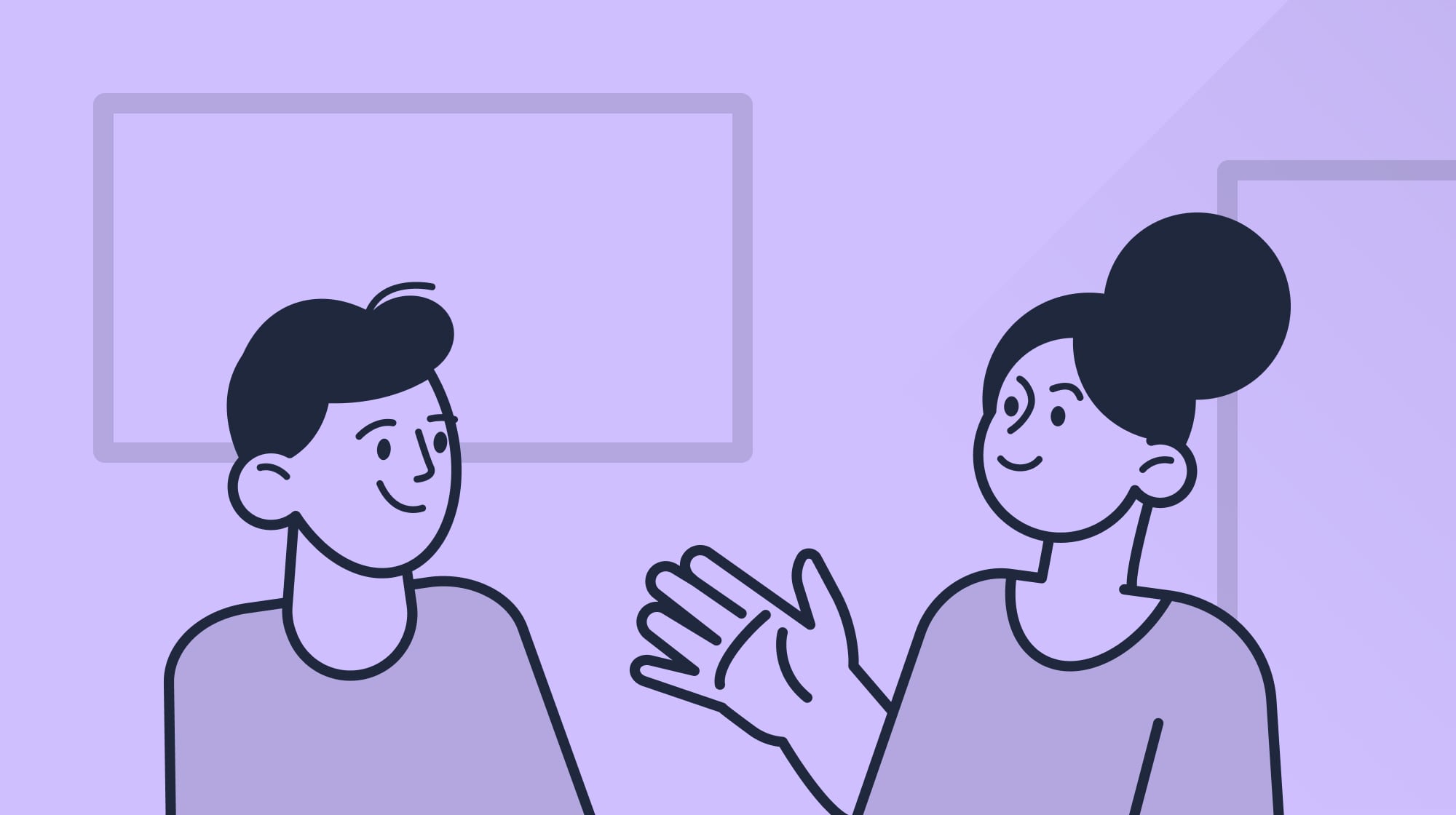Using Luna to boss an interview

Written by Natalie Bull
Knowing how to prepare for an interview is essential as you transition from higher education into the professional world, and by developing these skills, students can set the stage for future success.
Most universities offer skills workshops to help with this first step into the workplace, but many of us won’t think too much about it until we actually have to. Cue mild panic as that email pings inviting you to come in and meet the team...
Getting your first interview after graduating is a huge relief after the effort of applying for jobs but then comes another challenge - prepping for the big day itself.
After confirming whether it's in-person or remote, you’ll need to get ready for your memory to be put to the test.
The first port of call is finding out about the company and understanding its mission, values, products and services. Research the culture, recent initiatives and notable projects - are you up to speed with industry news and who’s who? Then there’s the role itself, gathering insights into the requirements and responsibilities, the systems used and how your experience applies.
Think of challenges you’ve overcome and achievements to date and anticipate questions about your strengths and weaknesses. Then there are the curveball questions thrown out to test your critical thinking skills and to see how you would fit into the workplace dynamic. You can try to anticipate these and understand why you might be asked them, and prepare a couple of answers in advance.
That’s quite a lot to try and remember when you’re already under pressure to make a good impression.
You could write up all of this research and re-read the notes beforehand, but it's not the most efficient way of banking new information to your brain. To really light up those neural pathways and switch on long-term retention, you need something that gets you to engage with your material in a more active way. Something like Luna’s AI flashcard generator.
Simply paste in your research and sit back as Luna does the leg work, pulling out the key points and turning them into Q&A flashcards. Review and edit, then allow Luna to work out when you recap, showing the cards you’re least confident with the most often.
This practice of spaced repetition is proven to boost memory and also helps identify any gaps in knowledge, giving you plenty of time to fill them in before the interview.
Claire recently used this method before interviewing for a new role:
“I had some company knowledge but needed to understand the new position and products in more detail, which is where Luna came up trumps for me. The flashcards enabled me to collate information quickly and accurately so I could plan a polished presentation and up my game.”
When you interact with your notes using active recall, you're adding your own perspective and understanding to the material. This can involve adding personal anecdotes or examples that aid comprehension and recall - particularly useful for an interview situation. Luna’s AI-generated flashcards are also helpful for prompting hypothetical situations and problems relevant to the job so you can practice how you would respond to them.
As well as job interviews, some universities hold interviews and auditions as part of their application process. Luna can help here, too, allowing you to research the institution, review your application materials and reflect on your academic and personal experiences all in one space.
Presenting yourself as the best candidate is also key when applying for an apprenticeship, with many applicants vying for these limited positions. Here’s your chance to demonstrate a strong understanding of the organisation and your potential within it to make yourself stand out from the crowd.
Reinforcing your knowledge with flashcards can help reduce anxiety on the day of the interview, leaving you calmer and more confident when you meet your new tutor or boss.
With all that groundwork done, you have more time to focus on being in the moment and the very important task of just being yourself.
And Claire? She got the job.



